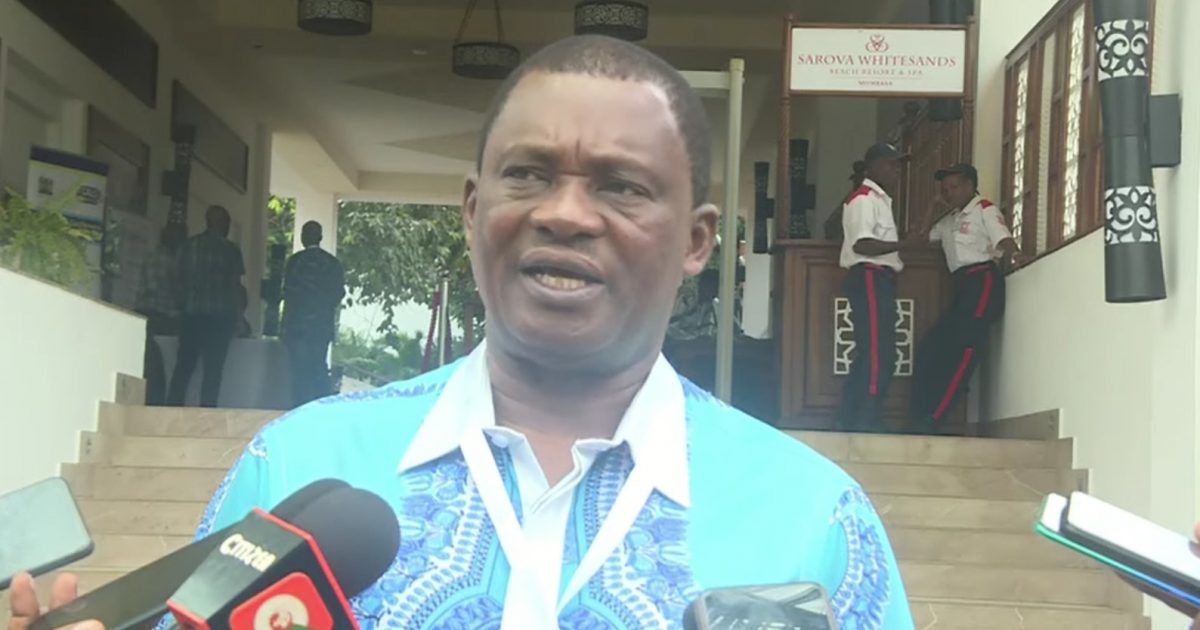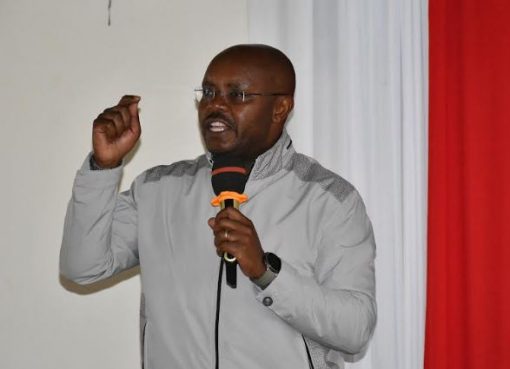The Office of the Attorney General plans to recruit more Legal Officers, to address the shortage of staff and to devolve services.
Admittedly, Attorney General (AG) Justin Muturi, said there is a shortage of Legal Officers, hampering the efficient delivery of services.
In a bid to devolve services, the AG seeks to establish the OAG offices in all 47 counties.
“It’s true there is a shortage of legal officers; we have a crisis of understaffing, and this has continued to pile pressure on the low cadre officers. We are slightly below half of the establishment, which was lastly done in 2020,” said Muturi.
Speaking in Mombasa on the sidelines of the ongoing Commonwealth Association of Legislative Council (CALC), Africa, meeting, Muturi said the situation is so dire that an officer attends to over 400 files per year.
“Those that I have can’t even reach halfway the number we need; I am recommending that the human resources we need be top-notch,” he added, noting that the last time the matter was addressed was in 2020.
For instance, in Mombasa, where the AG said there is a deficit of over 30 legal officers, he revealed that the Cabinet has approved the establishment of OAG-devolved offices.
“Three months ago, I got Cabinet approval to establish in every county the Office of the Attorney General. It’s constitutional; the Office of the Attorney General must devolve, so I am beginning to roll it out,” said Muturi.
Muturi further revealed that the differences that existed between his office and that of the Solicitor General have been resolved.
The AG challenged legislative drafters to stick to professionalism and ethics to deliver key mandates.
“Let us share what we have; let’s not operate in cocoons; the interdependence of human capital is very important,” said Muturi, urging the experts to share common practices.
The legislation drafters and legal professionals were encouraged to embrace technology in the execution of their mandates.
“I believe that the technology of today and the future is the universal vehicle through which legislative counsel will use to conceptualise, draft, implement, and review legislation.
The rise of Artificial Intelligence, in particular, holds the promise of significantly enhancing the efficiency and accuracy of your work and even predicting the potential impact of new laws,” he said.
Clerk of the Senate and Secretary to the Parliamentary Service Commission (PSC), Jeremiah Nyegenye, said legislative drafting in the country continues to grow.
“The legislative drafting capacity in the county governments continues to grow in the 47 counties; as we continue to grow, we must pay attention to consistency and put mechanisms such as collaboration in place,” said Nyegenye.
The CALC Africa meeting theme is “The Future of Legislative Drafting in Africa”.
The conference has brought together delegates from Zambia, South Africa, Uganda, Kenya, Jamaica, Portugal, Ghana, New Jersey, Ethiopia, Nigeria, Germany, Tanzania, Malawi, the Seychelles, the UK, Scotland, and Trinidad and Tobago, among others.
By Sadik Hassan




